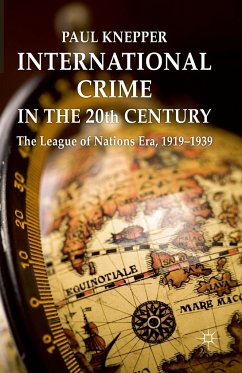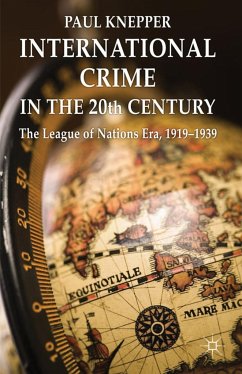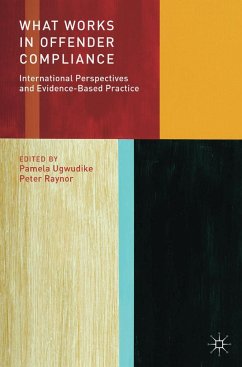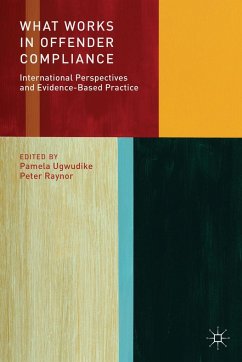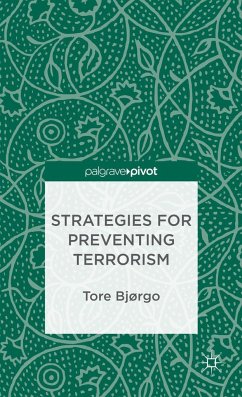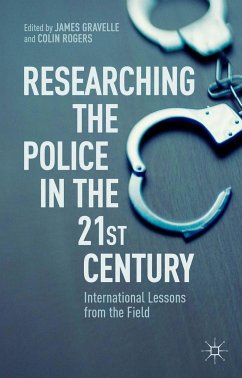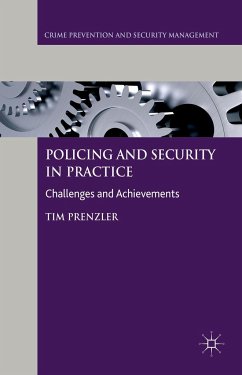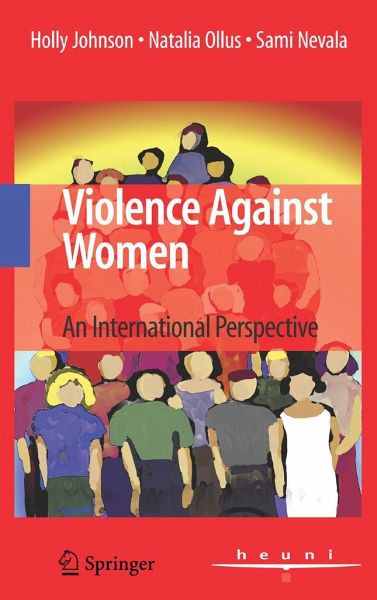
Violence Against Women
An International Perspective
Versandkostenfrei!
Versandfertig in 6-10 Tagen
76,99 €
inkl. MwSt.
Weitere Ausgaben:

PAYBACK Punkte
38 °P sammeln!
In December 2006, the United Nations General Assembly adopted a resolution on "intensi?cation of efforts to eliminate all forms of violence against women" (A/RES/61/143). This resolution followed the launch of the Secretary-General's in-depth study on violence against women in October 2006 (A/61/122/Add.1 and Corr.1), and is the ?rst-ever comprehensive action by the General Assembly on this persistent scourge that potentially affects one woman in three in the course of her lifetime. TheresolutionurgesMemberStatesto exerciseleadershipanddevisesystematic, comprehensive, multi-sectoral and sustai...
In December 2006, the United Nations General Assembly adopted a resolution on "intensi?cation of efforts to eliminate all forms of violence against women" (A/RES/61/143). This resolution followed the launch of the Secretary-General's in-depth study on violence against women in October 2006 (A/61/122/Add.1 and Corr.1), and is the ?rst-ever comprehensive action by the General Assembly on this persistent scourge that potentially affects one woman in three in the course of her lifetime. TheresolutionurgesMemberStatesto exerciseleadershipanddevisesystematic, comprehensive, multi-sectoral and sustained approaches, adequately supported and facilitated by strong institutional mechanisms and ?nancing, to eliminate all forms of violence against women. In particular, it calls upon Member States to establish national plans of action on the elimination of violence against women; undertake legislative, capacity-building and awareness-raising measures; provide services for women; and ensure thesystematic collection and analysis of data. The resolution calls upon the entities of the United Nations system to support national efforts, especially with respect to data collection and the development of national plans of action. It urges them to enhance coordination and intensify their efforts to eliminate all forms of violence against women and girls. It also notes the need to provide adequate resources to efforts throughoutthe United Nations system to eliminate violence against women and girls.





